Contact Tracers In Massachusetts Order Milk And Help With Rent. Here’s Why

Enlarge this image
Luisa Schaeffer scrolls through her COVID isolation case list for the day: one woman is out of milk, another needs help finding a doctor and making an appointment. A man asks about help paying his rent.
Jesse Costa/WBUR
hide caption
toggle caption
Jesse Costa/WBUR
Shots — Health News
Coronavirus Cases Are Surging. The Contact Tracing Workforce Is Not
The woman who needs milk is one of eight cases referred to Schaeffer through the Massachusetts state government’s Community Tracing Collaborative. Contact tracers make daily calls to people who are in isolation because they’ve tested positive or in quarantine because they’ve been exposed to the coronavirus and must wait 14 days to see if it develops. The collaborative estimates that between 10% to 15% of cases request assistance. Their requests are referred to Schaeffer and other care resource coordinators.
«So many people are on this razor thin edge and it’s often a single diagnosis like COVID that can tip them over, says John Welch, director of operations and partnerships for Partners in Health’s Massachusetts COVID Response, which manages the state’s contact tracing program. He says this is why a role like a resource coordinator «becomes essential in them getting back to a sense of health, a sense of wellness, a sense of security.
With milk on its way, Schaeffer dials a woman who needs to find a primary care doctor, make an appointment and apply for Medicaid. That call is in Spanish.
With her third client, Schaeffer switches to her native language, Cape Verdean Creole. The man on the other end of the line and his mother have both been sick and out of work. He applied for food stamps and was denied. Schaeffer texts the regional head of a state office that manages that program. A few minutes later, the director texts back, he’s on the case.
Schaeffer, who has deep roots in the community, is on temporary loan to the state’s contact tracing collaborative and will later return to her job, helping patients understand and follow their prescribed treatments at the Brockton Neighborhood Health Center.
Shots — Health News
Conspiracy Theories Aside, Here’s What Contact Tracers Really Do
The collaborative says most client requests are for food, medicine, masks and cleaning supplies. COVID-19 patients who are out of work for weeks or who don’t have salaried jobs may need help with rental assistance — which is available to qualified Massachusetts residents — or applying for unemployment.
Care resource coordinators even connects people with legal support when they need it. An older woman employed in the laundry room at a nursing home was told she wouldn’t be paid while out sick. Schaeffer gets in touch with the CTC’s attorney, who reminds the company that paid sick leave is required of most employers during the pandemic.
«So, now, everything’s in place. She started getting paid, Schaeffer reports.
There are glitches. People who are undocumented fear losing their job and so return to work. When the local food bank runs out, Schaeffer scrambles to find a local grocer who will help. The free canned goods or vegetables may be like foreign cuisine for Schaeffer’s clients, some who are from Cape Verde and Perdu. She looks for a nutritionist and sets up a conference call cooking lesson.
«I love the three-way calls, she says, beaming.
Schaeffer and other care resource coordinators have responded to more than 10,500 requests for help, so far, through Massachusetts’ contact tracing program. Demand is likely greater in cities like Brockton, with higher infection rates than most of the state and a 28.7% lower median household income.
Massachusetts has carved out care resource coordination as a separate job in this project. But the role is not new. Local health departments routinely include what might be called support or wrap-around services when they do contact tracing. With cases of tuberculosis, for example, a public health worker might make sure a patient has a doctor, gets to frequent appointments and has their medications.
«You can’t have one without the other, says Sigalle Reiss, president of the Massachusetts Health Officers Association.
Partners in Health’s Welch, who is advising other states on contact tracing, says the importance of having someone assist with food and rent while residents isolate isn’t getting enough attention.
«I don’t see that as a universal approach with other contact tracing programs across the U.S., he says.
Some contact tracing programs that schools, employers or states are rushing into place during the pandemic just cover the basics.
«They’re focused on: Get your positive case, find the contacts, read the script, period, the end, says Adriane Casalotti, chief of government affairs at the National Association of City and County Health Officials. «And that’s really not how people’s lives work.
Casalotti acknowledges that this support role — and services for people isolating or in quarantine — add to the cost of contact tracing. She urges more federal funding to help with this expense, as well as a federal extension of the paid sick time requirement, and more money for food banks so that people exposed to the coronavirus can make sure they don’t give it to anyone else.
«Individuals’ lives can be messy and complicated so helping them to be able to drop everything and keep us all safe — we can help them through the challenges they might have to make that the easy choice, Casalotti says.
This story was produced in partnership with WBUR and Kaiser Health News.
- test, trace and isolate
- coronavirus in the U.S.
- contact tracing
- COVID-19
Обсудим?
Смотрите также:

